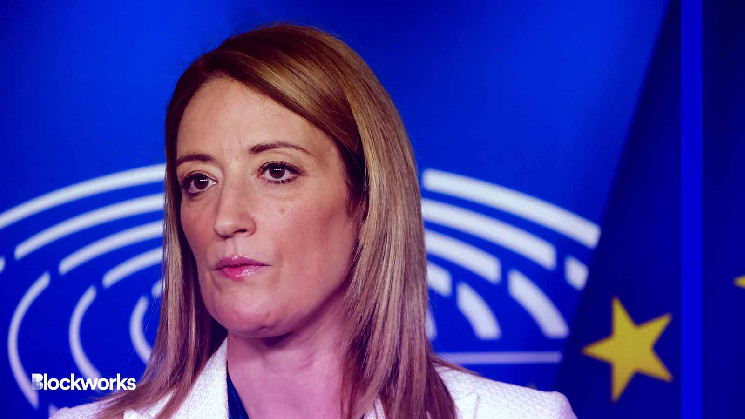As the European Union moved ahead and formally signed its Markets in Crypto Assets (MiCA) policy package into law, lawmakers also took time to consider areas where the regulation may be lacking.
In a study commissioned by the European Parliament, legal and financial experts noted that MiCA leaves some gaps in crypto regulation, particularly when it comes to token classification, staking and NFTs, among other areas. The study was written by four law and finance professors from international universities.
MiCA does not adequately consider the nuances between DeFi protocols and their respective levels of decentralization, authors wrote.
“Partial decentralization, even intensified decentralization as in the case of (apparently) ‘fully decentralized services,’ provides a number of additional challenges,” the report said.
“Decentralization enhances challenges with regard to defining regulated activities, risk management and ensuring business continuity in insolvency and/or a general market crisis in crypto.”
The report also references US policy, noting that the EU should consider the US ’s Howey Test when classifying tokens, especially when it comes to lending and staking protocols. Specifically, BlockFi’s settlement with the US regulator over its Earn product raises interesting points about how investors are granted interest and their “reasonable expectation of profit.”
Industry members and lawmakers have admitted there are areas where MiCA falls flat for months ahead of the law’s enactment.
“We think that MiCA is a great step forward for Europe, we don’t agree with everything that’s in MiCA, but that doesn’t mean that it doesn’t get a lot right,” Lee Scheider, general counsel at Ava Labs, told Blockworks ahead of MiCA’s adoption. “You can notice with MiCA that they actually do sort of understand that the nature of the asset matters.”
The EU Parliament voted 517 in favor and 38 against passing MiCA during their late April vote.
 blockworks.co
blockworks.co
